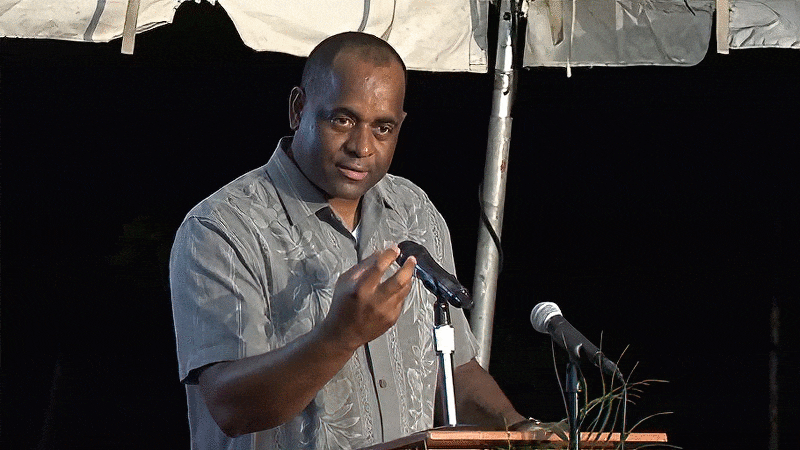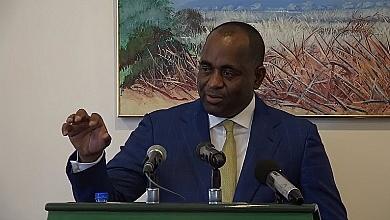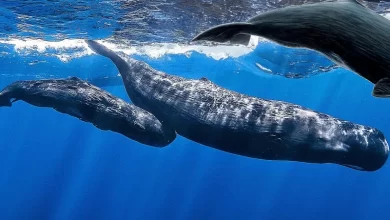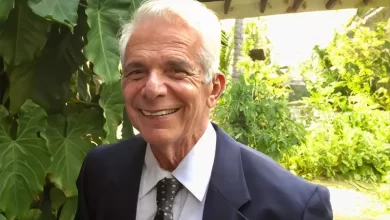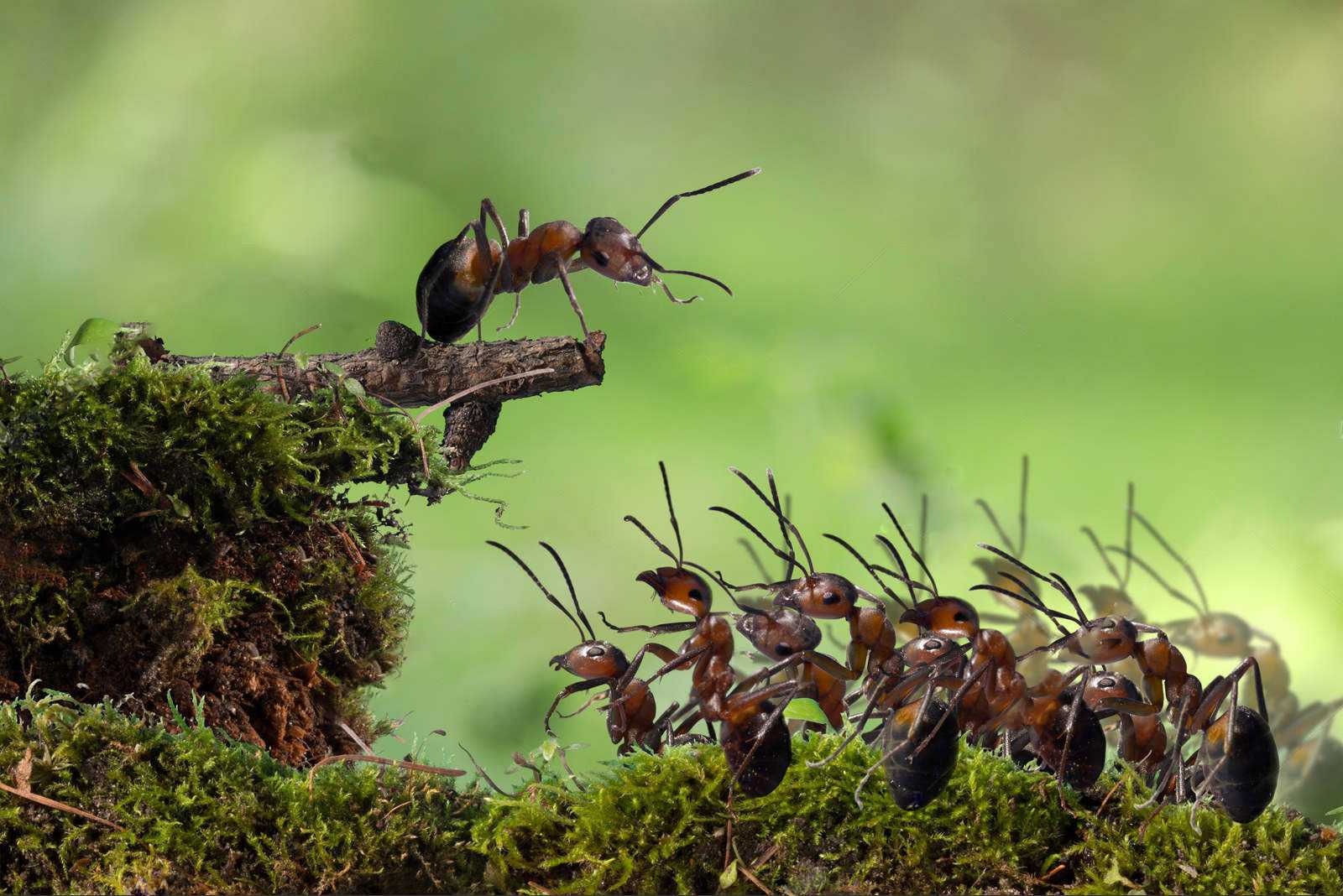
Where has the Dominican Spirit of Protest gone?
From the outset, let me declare that I support all those who, in times past and present, have championed causes to alleviate the people’s plight. I also understand those who have given up the struggle for whatever reason or reasons, as I seek to awaken new energies in an effort to keep the spirits of those who have perished in the struggle alive. It seems as if a tranquilizing cloak has been placed on the ascendant spirits, but it is my hope that the following article will help to inspire the next generations of revolutionaries. I rest this claim in the will of the good spirits of the ancestors.
Why was there the need for a referendum when independence was automatic anyway? The fact is, the people could not say no to what was already designed by the colonizers to be so. Independence was just recompense for the years of struggle and fight by those who had unceasingly rebuked the system. England simply could not hold on to the colonies any longer because they were not economically viable and this is why the colonists, especially in Dominica, did not have to actually fight for independence. The damage had already been done over the years by the resisting Africans and other forces for change.
Since the failure of that referendum effort, protests went in high gear. People were urged on to protest for the replacement of the governing authority and not necessarily for basic survival. The strategy was to unite and mobilize the people around a series of issues, and this mission was achieved only five (5) months after Dominica’s independence which was celebrated on November 3, 1978. Why was it so important to replace the governing class? This question will be answered towards the end of this essay, but the ruling order had been shifted – thanks to the people.
Let us examine what has happened since then. Immediately after assuming office, following the general elections of 1980, the Dominican government under the stewardship of Mary Eugenia Charles (Later Dame Eugenia) tamed the commander-in-chief and mastermind of the 1979 upheavals, Charles Savarin (Now President Charles Savarin). He was made a state diplomat and sent to Brussels, while the other civic leaders were placed in key government-controlled jobs and/or quasi government engagements. Between 1980 and 1995, the incumbent government continued to pacify leaders of the people’s movement. Their children and relatives earned government academic scholarships and other such benefits and several others migrated.
This article is copyright © 2019 DOM767





